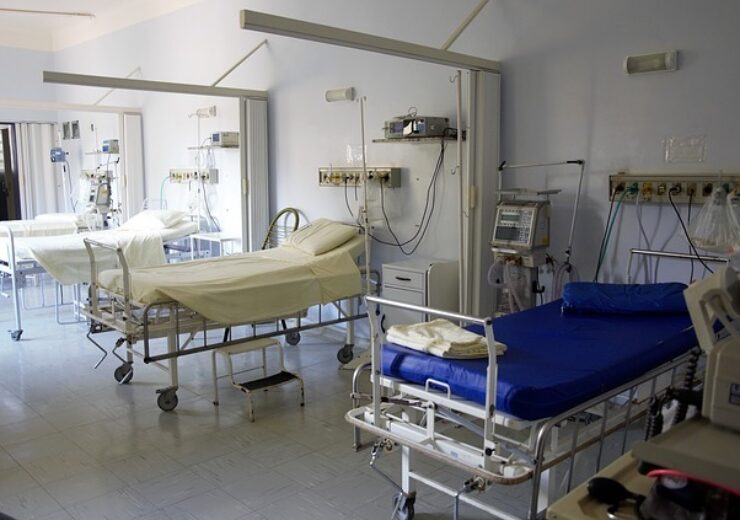C-Scan is claimed to be the first and only preparation-free test to identify colorectal polyps before they are expected to be turned into colorectal cancer

Check-Cap has secured FDA IDE approval to commence C-Scan trial. (Credit: Silas Camargo Silão from Pixabay)
Medical diagnostics company Check-Cap has received approval from the US Food and Drug Administration (FDA) for its investigational device exemption (IDE) application to begin the pivotal study of C-Scan.
The C-Scan is claimed to be the first and only preparation-free test for the detection of colorectal polyps before they are expected to be turned into colorectal cancer (CRC).
The test is aimed at candidates who are at risk for CRC and who are poor candidates for colonoscopy or decline colonoscopy, as well as who had an incomplete optical colonoscopy.
Check-Cap CEO Alex Ovadia said: “The IDE approval is a significant milestone for Check-Cap. Now with IDE in hand, we aim to enter the last phase of demonstrating the clinical potential of C-Scan in the U.S., with the ultimate goal of commercialization in this important market.
“We are in active discussions with a number of clinical sites as part of our preparations to begin the pivotal study in late 2021.
“In parallel, as previously communicated, we will be continuing to optimize C-Scan’s performance and patient experience through additional clinical data collection at Israeli sites.”
Check-Cap has designed the pivotal study to assess the safety and performance of C-Scan, in addition to subject compliance with C-Scan.
The C-Scan uses an ultra-low dose X-ray capsule and advanced software to create a 3D map of the inner lining of the colon as it travels naturally along the gastrointestinal tract.
According to the company, the updated CRC screening guidelines from the American College of Gastroenterology (ACG) recommend colon capsules as an option for CRC screening in people who are either unwilling or unable to undergo a colonoscopy or fecal immunochemical test (FIT).
The company said that a positive result from C-Scan is followed by colonoscopy.
Further, C-Scan is non-invasive and requires no sedation.
